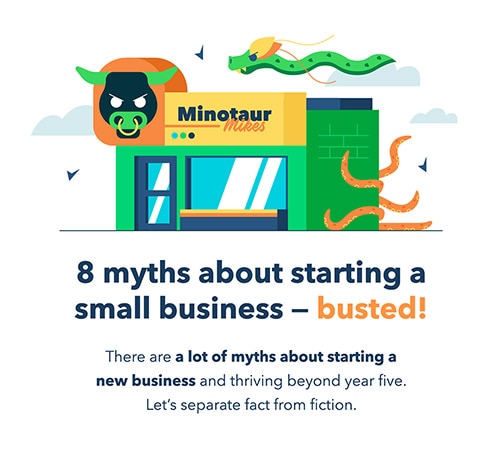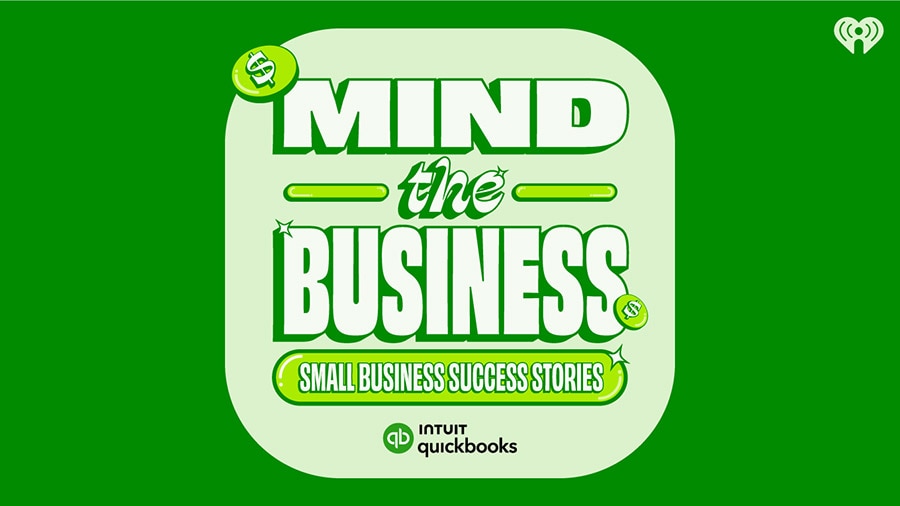Sample and methodology
Intuit QuickBooks Small Business Insights 2023
Online survey commissioned by Intuit QuickBooks in December 2022 of 1,500 business owners throughout the US. Average annual business revenue from the previous year was $1,033,965. Half (52%) of respondents are men and nearly half (47%) are women. One in five (22%) respondents are sole proprietors and nearly half (45%) have up to 10 employees. Three in ten (30%) respondents own businesses five years old or younger. Seven in ten (70%) own businesses six years old or older. Percentages have been rounded to the nearest decimal place so values shown in charts and graphics may not add up to 100%. Responses were collected in online surveys using Pollfish audience pools and partner networks with double opt-ins, random device engagement sampling, and post-stratification based on local census data to ensure accurate targeting and results. Respondents received remuneration.
Disclaimer
This content, report and materials are for informational purposes only and should not be considered legal, accounting, financial, investment, or tax advice, or a substitute for obtaining such advice specific to your business. Additional information and exceptions may apply. Applicable laws may vary by state or locality. No assurance is given that the information is comprehensive in its coverage or that it is suitable in dealing with a customer’s particular situation. Intuit Inc., or its affiliates do not have any responsibility for updating or revising any information presented herein. Accordingly, the information provided should not be relied upon as a substitute for independent research. Intuit Inc., or its affiliates do not warrant that the material contained herein will continue to be accurate nor that it is completely free of errors when published. Readers should verify statements before relying on them.
We provide third-party links as a convenience and for informational purposes only. Intuit Inc. or its affiliates do not endorse or approve these products and services, or the opinions of these corporations or organizations or individuals. Neither Intuit Inc. nor its affiliates assume responsibility for the accuracy, legality, or content on these sites.















